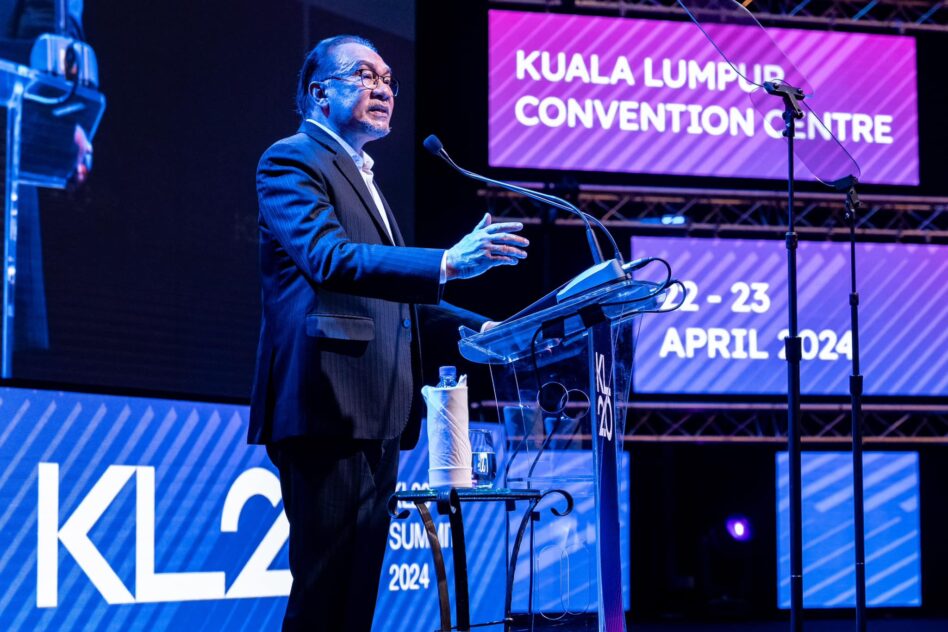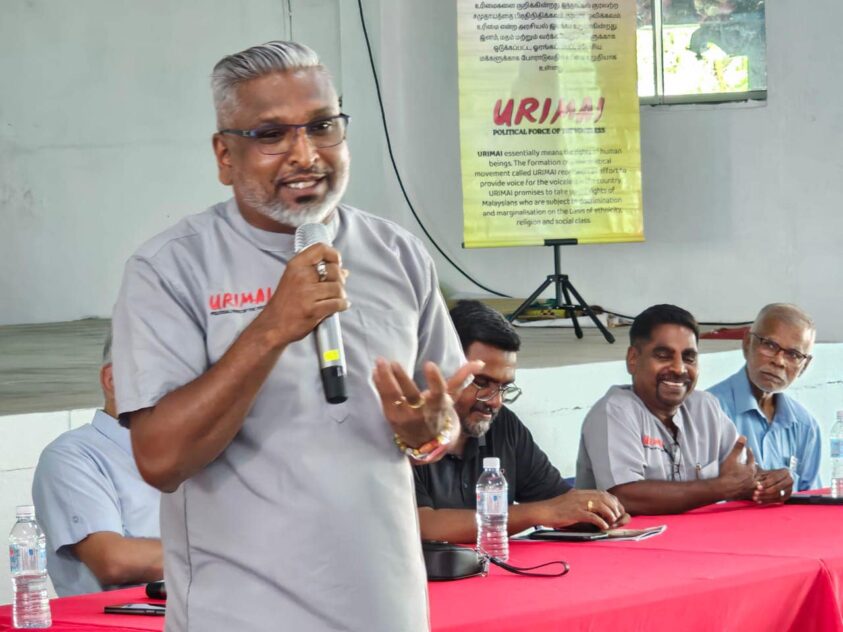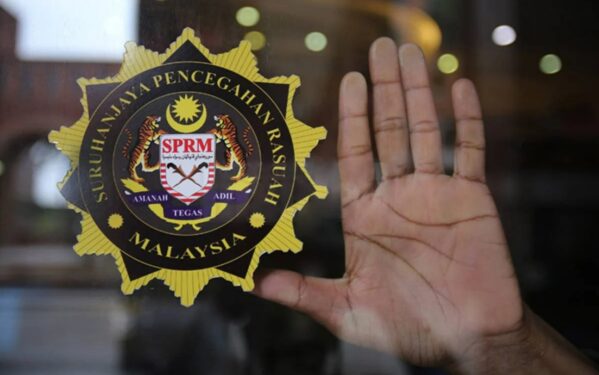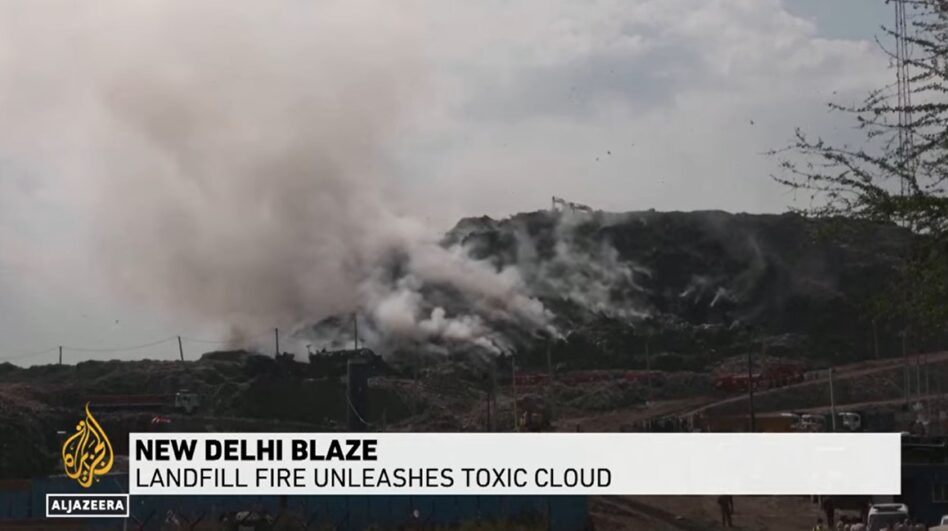By Emmanuel Samarathisa
IN the run-up to the 14th general election in 2018, DAP strategist Liew Chin Tong introduced a new concept that piqued the interest of both sides of the divide – a “Malay tsunami.”
A firm believer of a so-called middle Malay ground, Liew believed that there was a change in demography among the country’s largest voting group, the Malays, and that a fresh perspective was needed to understand them if Pakatan Harapan (PH) were to win the election.
His strategy centred around that understanding helped the coalition win the election. But it came at a price – co-opting former prime minister Tun Dr Mahathir Mohamad and his party Bersatu into the coalition.
Despite forming government – Liew ironically narrowly lost the Ayer Hitam parliamentary seat in Johor to MCA’s Datuk Seri Wee Ka Siong and would be appointed deputy defence minister after being made a senator – Mahathir would prove to be an unstable force in PH.
Coupled with PKR president Datuk Seri Anwar Ibrahim’s impatience to succeed Mahathir and the 94-year-old not letting go of the post, as well as a strained relationship between Bersatu and DAP, the coalition collapsed.
PH had to make way for Perikatan Nasional (PN), a conservative coalition led by Bersatu president Tan Sri Muhyiddin Yassin.
In this wide-ranging interview with FocusM, Liew speaks about the aftermath of the political coup that saw the ousting of PH and Mahathir and what the future looks like for his party as well as the coalition’s.
Did Mahathir win the election?
Mahathir was the lynchpin without which we wouldn’t get there. The assumption that the Chinese voters were all prepared to vote Pakatan was not true. I think we had a base of 65% non-Malay votes but, eventually, we got over 80%.
So, who pushed the final 20%? It was this whole idea that change could happen. The idea that a change of government might happen if we all pushed through. So, at that point, having a clear candidate for prime ministership, having that reconciliation between Mahathir and Anwar, having this clear candidate for prime minister and then contrasting that candidate with Najib – those were all very important images.
And, you have to remember, the middle ground, that final 20%, are people who always voted for the government, regardless of which coalition comes in. They are the swing voters. They are the fence-sitters and they make their choice on the basis that there is a real chance for change.
So the role of Mahathir is that lynchpin role, without which we wouldn’t have gone so far. We cannot win. But he is that minority (in the coalition), but that tipped the balance.
But did you factor in the instability PH would be in today?
I think many people were too focused and obsessed with the Mahathir-Anwar transition. The more important thing is actually a democratic transition.
We were an authoritarian society moving into a democratic one. So, it’s bound to have problems. And, I think we didn’t handle some of the problems well.
But some of the problems you need society to be able to be mature in dealing with it. For instance, democracy needs citizens. But our discourse is not based on the understanding of citizenship. Our discourse is using race as a unit. So there are people who tell you that, “We are Chinese”, or “We are Malay.” So, it’s this whole idea that there is no collective Malaysian identity but only of ethnic groups.
And the idea is, we are all citizens and we are concerned about jobs and pay, transport, housing, healthcare, education and sovereignty – that sort of discourse is not there. We failed to build a narrative and discourse of citizenship in the context of a new democracy.
So, the instability that we are now seeing is very much because we are a new democracy, trying to grapple with the reality that suddenly, for example, the media is free. But you don’t actually have media institutions that can provide or support robust policy debate. Those are challenges that we are facing. When we moved into the last election, we knew that a new democracy will be tough to maintain.
How did the grassroots react to the political turmoil?
Many were confused but many had also been reflecting on what had happened. I think there are many who realise that over the last year or so, we have been so racial. So among the Malays, there is that belief that Lim Guan Eng and Lim Kit Siang control everything in Malaysia and Mahathir is just their puppet.
Among the Chinese and Indians, they have this reversed understanding, that the DAP stayed quiet and did not do anything and succumbed to Mahathir.
Both are wrong. And I warned since early March last year, actually when the first ICERD protest, I was already saying, Umno and PAS were not interested to win an election. They were more interested to burn the house down.
Because their game is not an election strategy. Their game is basically to create unhappiness among the Malays, and create unhappiness among the non-Malays, so that you can pull the whole house down.
That was what happened. And, of course, the (Pakatan Harapan) parties also responded to the noises on the racial front. So, Bersatu responded to the noises on the Malay side while DAP responded to the noises on the non-Malay side.
In the end, the centre did not hold. We were not able to present a Malaysian identity and the idea of Malaysians being together.
I will give you an example. The Malay Grab driver and the Chinese Grab driver. Basically, no difference. But then in our political discourse, we don’t factor that, we don’t feature that.
But where did Bersatu fit into this whole Malaysian framework?
For a long time, Bersatu was trying to stay in the middle. But after Tanjung Piai, Tan Sri Muhyiddin (Yassin) went the other way.
I was there with him on the night the results came in. They were shocked. They were expecting to lose with a smaller margin. But the margin was just too huge where it basically showed that we only won one or two saluran (channels).
So what is your understanding of Muhyiddin’s government?
The government’s problem is that it has no legitimacy and is also lacking in integrity. And they (government) know that people will talk about this as a coup. However you want to sugarcoat it, it is a political coup.
I was half-jokingly telling people that Najib is living in more danger than three weeks ago because the Muhyiddin government has no legitimacy. How to overcompensate your lack of legitimacy?
I mean in the eyes of the Malay middle ground, it’s basically to hold Najib and Zahid accountable for the squandering of Malaysian taxpayer money. And you can expect that if Najib and Zahid are punished, Muhyiddin’s ratings will go up.
There is every incentive for him to show people that he could put Najib behind bars, that he is not tolerating corruption, and sending an anti-corruption message. That would boost his legitimacy.
So, he will never have political legitimacy from the coup. But he will have to go by the Suharto playbook and overcompensate with economic legitimacy as well as an anti-corruption drive. Because among the Malay middle ground, they still think that Najib, Zahid and Tengku Adnan are corrupt.
What’s the game plan for DAP?
DAP is always a one-third party. In bad times, we will have 20-25 seats. In good times, 40 seats. But still one-third. We have no prime ministerial ambition, so that makes the discussion very easy and we are quite coherent as a party. So that helps us consolidate the numbers.
So what role can we play? I’d say we have to provide the nation an imagination.
But does the nation want an imagination at this point in time?
The next round, because, now, everyone’s cards are on the table, and you can see who your friend is and who isn’t, it is really about bringing the right people to contest against the old order.
This is the return of the old order and unless they can break free from that, Pakatan will be on the new. So it’ll be new v old, progressive v conservative.
Does PH have the will, though?
We will have to present a clear alternative to the Malaysian public that we are forward-looking and that they are backward-looking.
What about the old guard?
I think, more importantly, PH has to find a Malaysian message. Pakatan and DAP cannot think of themselves as responding to racial calls.
We cannot say, “Okay, the Chinese have demanded this.” Because the moment you go on racial grounds, you allow your opponent to pull you apart. So we need to be able to have a firm commitment to some sort of a Malaysian identity. Therefore we see ourselves differently and hopefully, our supporters will be able to deal with the scenario better.
You were deputy defence minister. During your time there, do you wager the civil service is also keen to adopt a Malaysian identity?
There were a lot of concerns that I as a non-Malay was given a chance to be in the Mindef leadership role. There were even people who tried to accuse me of wearing a communist outfit which was actually a ministerial corporate attire.
The funny thing in Mindef is that I was joking with people that when I was studying in Australia, I only had three pairs of jeans. No one could be bothered with what I wore. Now whatever I wore became an issue and I made RM40,000 out of a defamation suit.
But the point is, if you talk to people in Mindef, I would say many of them would not see me as a Chinese, they see me as a Malaysian.
I think those who have engagements with me and those who know what I was doing, I think many of them believed that my heart is in the right place and that I think about the Malaysian armed forces as a Malaysian, as someone who is concerned for the future of the armed forces and is prepared to learn about their lives and how to improve their lives.
But how is DAP going to be part of this with the “anti-Malay” accusations?
I always tell our people that the DAP will never be more Chinese than MCA or more Indian than MIC, just as Bersatu cannot be more Malay or Islamic than PAS and Umno.
We will have to play in the middle ground. Because the moment we go to the extreme, and allow the extreme to dictate policies, we will break in the middle. And, of course, we did break down right in the middle.
This means we should not fall into racial framing. The party will have to stand very firm to say that we are a party that subscribes to the Malaysian identity and we are not going to be swayed by racial sentiment.
Can Malaysians trust PH given all that has happened?
Malaysians may not be happy and may be disappointed but, eventually, we need to find a way out. This political crisis is basically the result of the old political structure and a changing economy.
But will you get the buy-in? The last time PH mooted a multi-racial government but started giving way to race-based policies?
We paid a price in learning how to run a democracy. We were actually experimenting with a democracy in a multi-ethnic society. The chances of failure are high. But we tried and we failed. And, to a certain extent, because we failed to hold together. But the point is, we need to be able to build institutions to support democracy. We must be able to support a Malaysian narrative. – April 2, 2020










